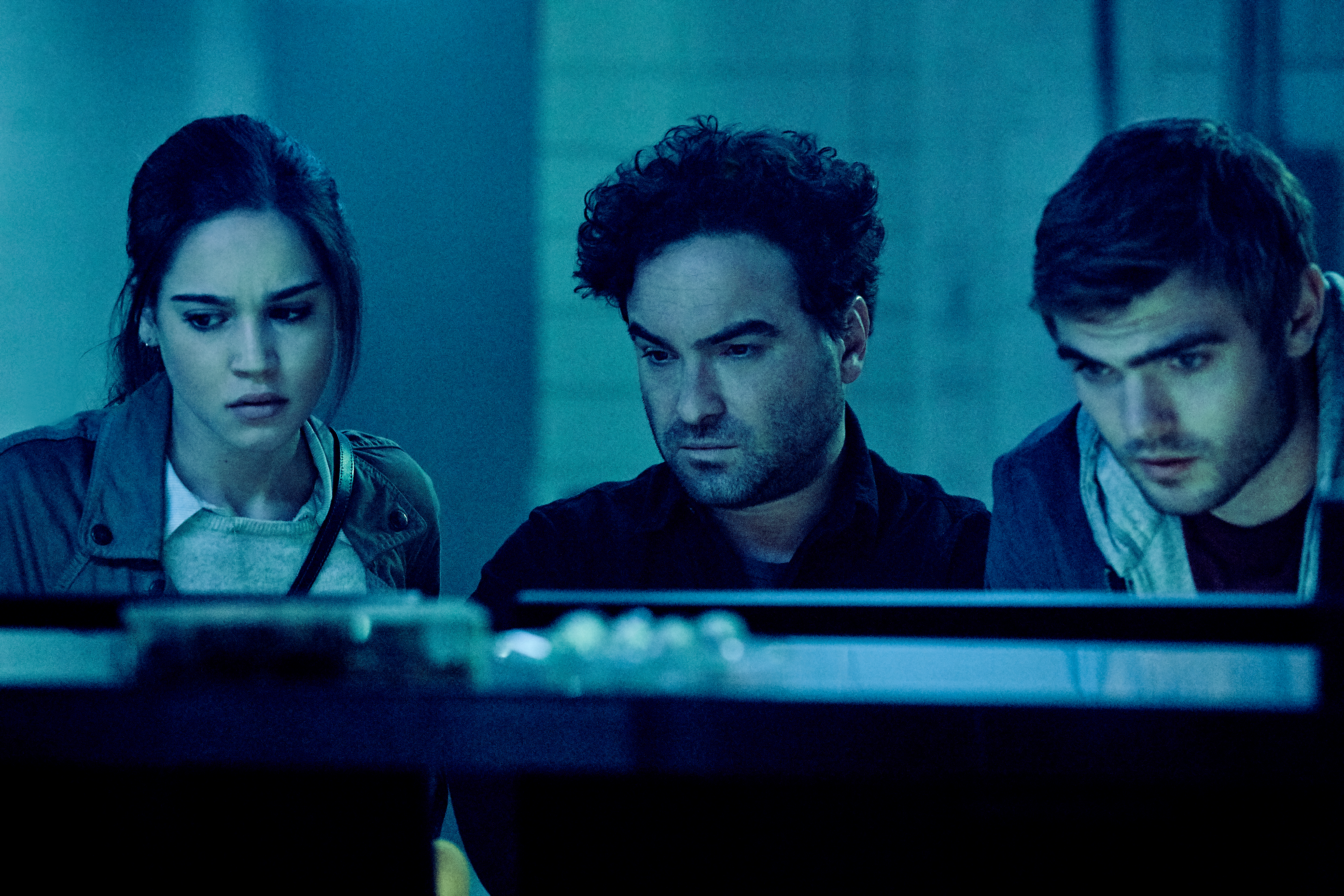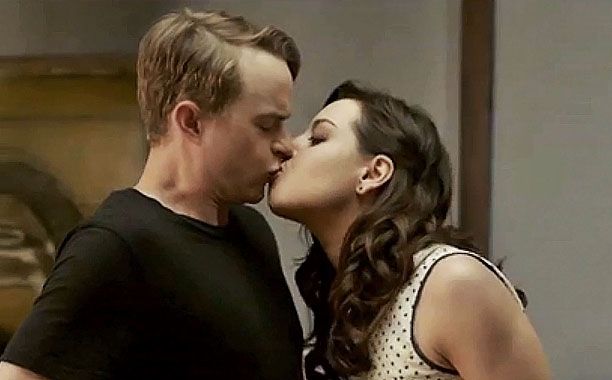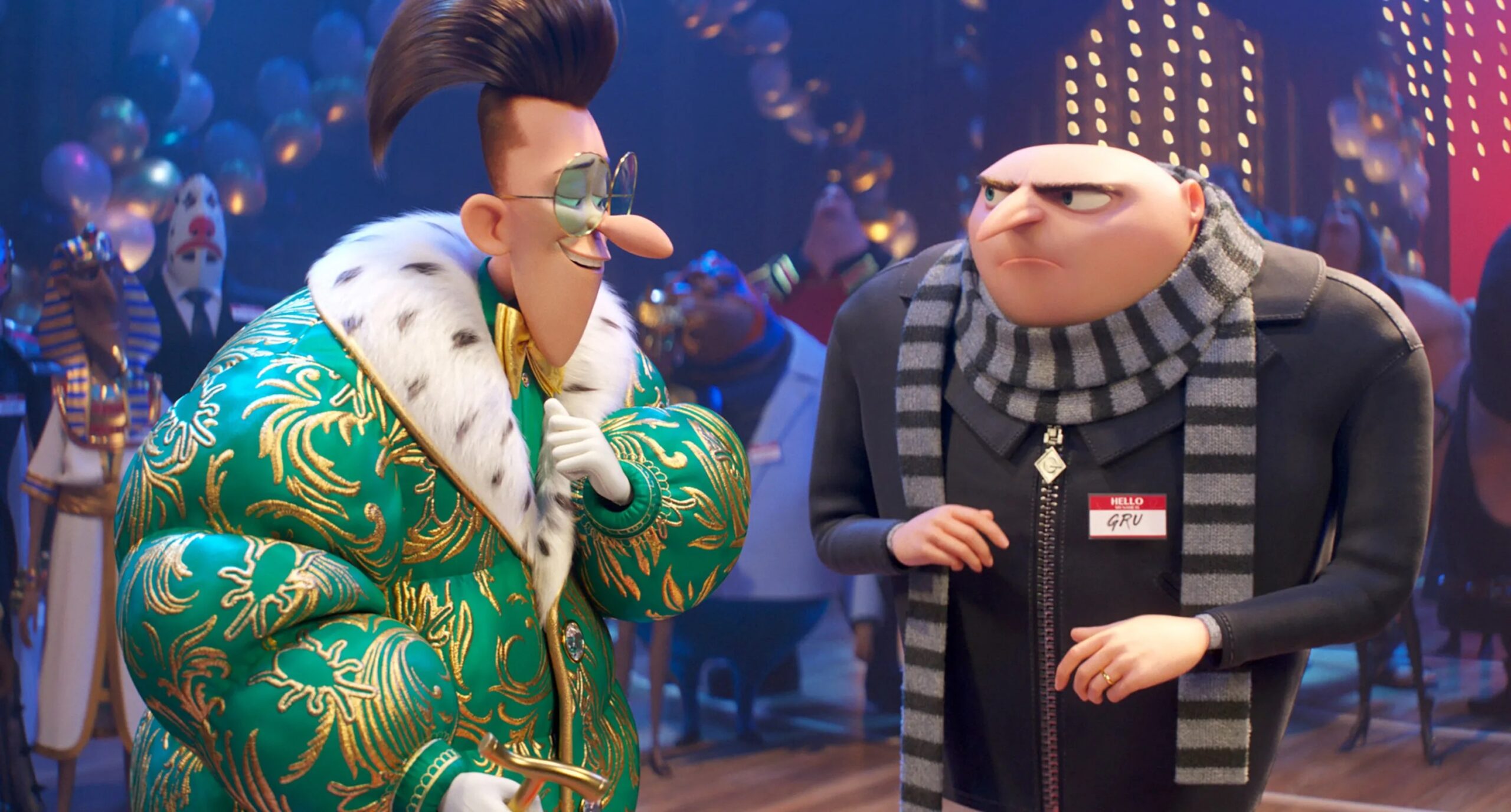One day I swear I will be on the same page as Cannes. This, sadly, is, once again, not that day. What the Hell do you see in these films, Cannes? Is it possible you just don’t get any good films and this is the best of a sad lot? Or, more likely, are all y’all so into your idea of what art ought to be that you’ve forgotten that the primary purpose of a film is entertainment? It took over an hour for me to get interested in Triangle of Sadness … and by the time the film finally caught my attention, the key plot points were all spoilers, which sucks when it comes to reviewing.
I didn’t know a thing about this film going in. And then there was a depressing, desperate, and ugly conversation that lasted three scenes too long. Wait I know what this is. This is that guy who did The Square, isn’t it? Sure enough, just one unpleasant and unending conversation in, I was able to ID writer/director Ruben Östlund as the architect of this particular evil. Sure, there it is — a dialogue that has no resolution and won’t go away. I’m guessing that Cannes people live for this shit; me? Less.
The focal couple is Carl and Yaya (Harris Dickinson and Charlbi Dean), a pair of mismatched supermodels. They aren’t quite as shallow as they first appear … but they are models, so that bar is pretty low — like GOP integrity level low (well, maybe not that low). And it is 100% clear to anyone paying attention that they do not belong together. Maybe there’s a “safety in sexual appeal” thing going on. They both are attractive enough to pick and choose mates among the masses; perhaps there’s a comfort  in the pain of knowing what it is to be so good looking that people never tell you the truth. Whatever the reason, they’re a lousy couple. We can tell by the initial 15-minute-multiple-scene conversation over who picked up the dinner tab and the subsequent ten minute argument over yacht attraction etiquette.
in the pain of knowing what it is to be so good looking that people never tell you the truth. Whatever the reason, they’re a lousy couple. We can tell by the initial 15-minute-multiple-scene conversation over who picked up the dinner tab and the subsequent ten minute argument over yacht attraction etiquette.
The animosity of Carl and Yaya makes up a great deal of the first half of the film. Carl and Yaya argue at dinner. Carl and Yaya argue in the hotel room. Carl and Yaya argue in bed. Carl and Yaya argue on the luxury yacht. This was not only an unpleasant film for the first hour; there is nothing, zilch, nada, bupkis, zero, zip, diddly-squat in their relationship during this entire film that makes one believe they belong together … which makes me kinda sad thinking that they comprise 2/3rds of the Triangle of Sadness.
The title is clever. It not only speaks to a possible third party intrusion; it is also referred to in a moment of Carl modeling professionally to describe –in the most pretentious terms possible- a facial feature the photographer was hoping to avoid. Yes, it is funny referring to part of a model’s face as a “Triangle of Sadness.” Yes, it is clever to return to such in metaphorical terms. Now, here’s the big question: is it worth dealing with Carl and Yaya for an hour of screen time?
Eventually, the film goes on a yacht cruise for the ultra-wealthy so it can introduce more characters. The characters aren’t

any better, but at least now there’s a variety. As for what happens on the yacht? I feel cheated in that everything I describe after this point (already 75 minutes in) will be a spoiler. So let me put it this way: my younger brother once reviewed Titanic thusly: “If you knew nothing about history going into Titanic, about halfway in you’d probably find yourself saying: ‘I hope to God this ship sinks.’ So, in a way, it turns out ok.”
That is very, very close to how I feel about Triangle of Sadness.
At its very core, Triangle of Sadness is about power. It’s about who wields it, how they wield it, and why they are able to wield it. As for the latter, sometimes it’s about sex, sometimes it’s about money, sometimes it’s about knowledge, sometimes it’s about tradition, sometimes it’s about utility. I get the impression that Ruben Östlund isn’t a fan of any of the ways power is assumed and wielded …but that didn’t stop him from making yet another film that is an hour too long for the purpose of generating three, maybe four, wry smiles. I can see why the desperate or the pretentious might find this material delightful; I’d much rather watch Ghostbusters: Afterlife a second time.
It’s the world of model and man
Having “adventures” not quite to the plan
You can win an award
For making me bored
‘Tis the rule of thumb at Cannes
Rated R, 150 Minutes
Director: Ruben Östlund
Writer: Ruben Östlund
Genre: Depressing, dull, intriguing … in that order
Type of being most likely to enjoy this film: Members of Cannes
Type of being least likely to enjoy this film: Me, apparently



